The Nephrology and Urology departments boast the largest dialysis units in the city, a sizeable and comprehensive renal transplant program, having performed both living and cadaveric transplants.
As a leading Kidney Transplant Hospital in Mumbai, we follow stringent infection control practices, immunosuppressive protocols and proactive vigil for complications and their prompt management make the service a huge success. The Transplant Unit also integrates, analyses and addresses the health needs of the transplant patient and his or her family.
Kidney Injury/Failure can be acute, which means that the kidneys have suddenly stopped working. Acute Renal Failure is reversible and secondary to direct injury to the kidney.
Chronic Kidney Failure means that the kidneys slowly and progressively lose their ability to function.
ESKD is a stage at which practically the entire kidney function is lost. On ultrasound examination, the kidneys are usually small and shrunken. The kidneys can be considered to be dead for all practical purposes. Life long dialysis or transplantation becomes mandatory for survival. Each year approximately 350,000 - 400,000 people develop ESKD.
Kidney disease usually affects both kidneys. If the kidneys ability to filter the blood is seriously compromised by disease, then wastes and excess fluid may build up in the body. Although many forms of kidney disease do not produce symptoms until late in the course of the disease, there are six warning signs of kidney disease:
There are only two options for End Stage Kidney Disease:
There are two different kinds of dialysis:
Occasionally, there may be medical reasons to prefer one sort of dialysis to another. This is something a Nephrologist can best judge for the patient.
The transplant patient in any age group has a better life expectancy as compared to the dialysis patients. This can be seen in the chart below which shows the expected life expectancy at various age groups with dialysis and after transplantation.
| Age (yrs) | Dialysis | Transplant |
|---|---|---|
| 40 | 7.3 | 22 |
| 50 | 5.2 | 16.2 |
| 60 | 3.9 | 11.6 |
Indian Law permits near and dear ones to donate organs (kidney, liver, bone marrow). Parents, siblings, son, daughter, grandparents and spouse are treated as near relatives.
If a family member cannot donate a kidney because of difference in blood group and if there is another pair with a similar problem, the donors can be exchanged for the purpose of kidney transplantation. This is called a Swap Transplant
Living donors are thoroughly investigated by the physician. The donors should be in good overall physical and mental health and free from uncontrolled high blood pressure, diabetes, cancer, HIV, hepatitis, and organ diseases (such as those related to the kidney, heart, liver, lung, intestine and pancreas). Living donors should be older than 18 years of age and compatible with the intended transplant candidate. The donors are screened from medical and psychosocial aspects.
One can register for a cadaver organ with the ZTCC- Zonal Transplant Coordination Committee (city waiting list) through the transplant coordinator and the Nephrologist at the hospital.
The donor is admitted 1 day prior and the recipient is admitted 2 days prior to the scheduled date of transplantation. The approximate duration of stay in the hospital for a donor is 5- 7 days and that for the recipient is 7-10 days.
Overall, transplant success rates are very good. Transplants from deceased donors have an 85 to 90% success rate for the first year. That means that after one year, 85 to 90 out of 100 transplanted kidneys are still functioning. Live donor transplants have a 90 to 95% success rate. Long term success is good for people of all ages.
The Nephrology and Urology departments boast of one of the largest dialysis units in the city and a sizeable renal transplant program, having performed both living and cadaveric transplants.
The stringent infection control practices, immunosuppressive protocols and proactive vigil for complications and their prompt management make the service comparable to the best. The Transplant Unit also integrates, analyses and addresses the health needs of the transplant patient and his or her family.
The Kokilaben Hospital Kidney Transplantation Team comprises of specialists in transplantation medicine and surgery in India. The team comprises of 3 nephrologists, 1 transplant coordinator and 2 transplant surgeons.
Robotic kidney transplant is an advanced surgical technique that uses robotic-assisted technology to perform transplantation. Unlike traditional open surgery, the robotic system provides:
This allows surgeons to operate with greater precision, especially in complex cases.
What makes this development special isn’t just the advanced robot or the smaller incisions. It’s the relief on a patient’s face when they wake up with less pain. Families feel more at ease knowing their loved ones are cared for safely. Behind every machine and incision lies Dr. Ismail’s and his team of senior urologists’ steady commitment to the patients—their belief that healthcare should heal not just the body, but the person.
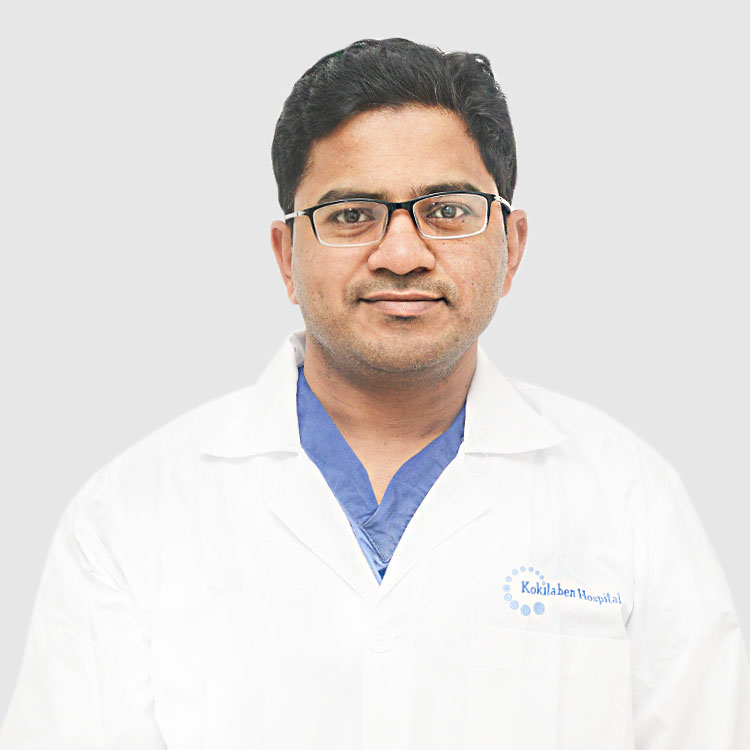
Robotic Surgery, Transplant/Kidney Transplant, Urology
Endo urology- (all endoscopic procedures for the management of Kidney stones, Prostate enlargement and Urinary tract diseases). Reconstructive urology-Congenital Urological abnormalities (like PUJ obstruction, Hypospadias, renal and ureteric anomalies) stricture urethra. Andrology Kidney Transplant and dialysis access surgery.
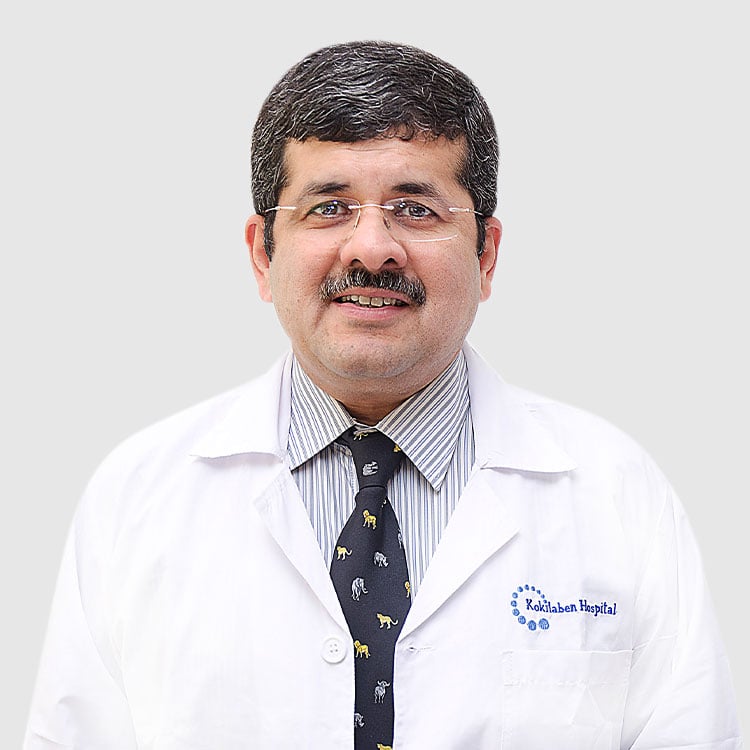
Transplant/Kidney Transplant, Nephrology
Critical Care Nephrology, Hemodialysis and Transplantation
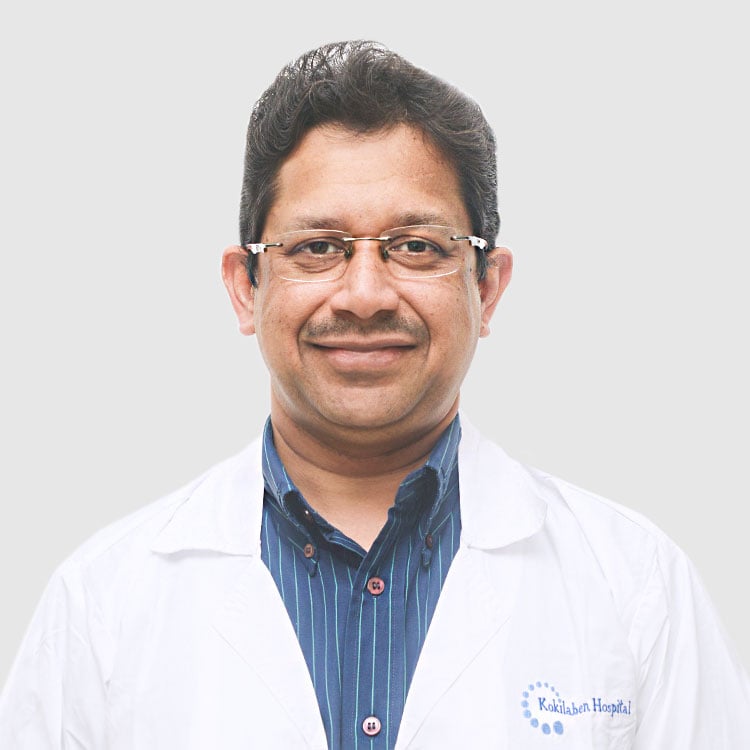
Robotic Surgery, Transplant/Kidney Transplant, Urology
Genito-Urinary reconstructions, Andrology, Female urology, Endourology, Gender reassignment surgery, Botulinum toxin in Urology
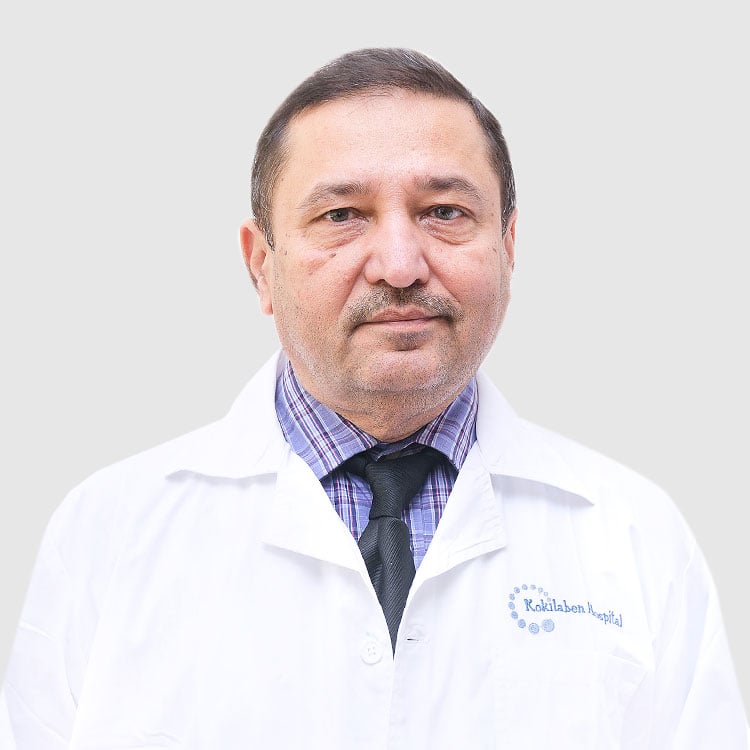
Transplant/Kidney Transplant, Nephrology
Kidney Transplant and management of Renal conditions
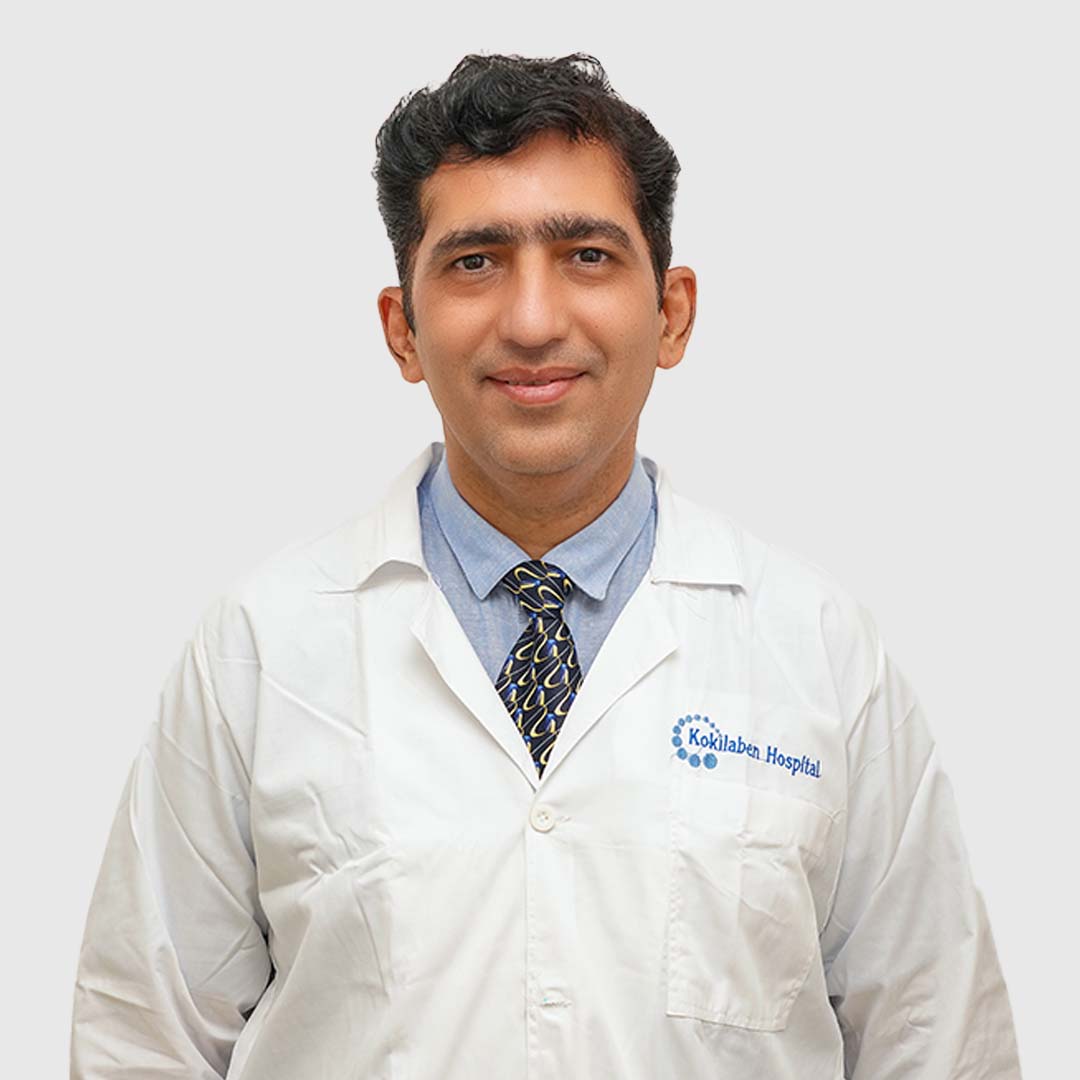
Robotic Surgery, Transplant/Kidney Transplant, Urology
Robotic urology, Laparoscopic urology, Kidney transplant, Laser surgery for stones and prostate, Reconstructive urology, Female urology